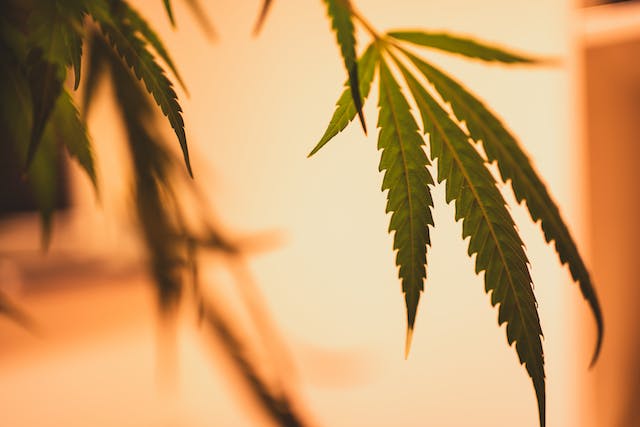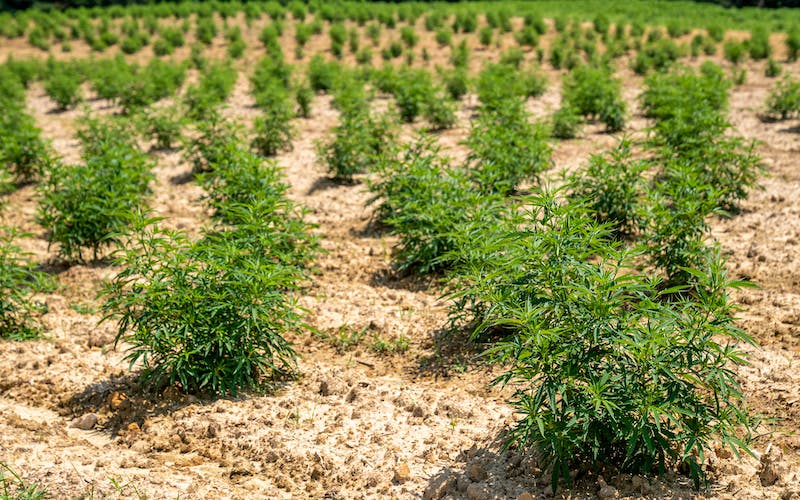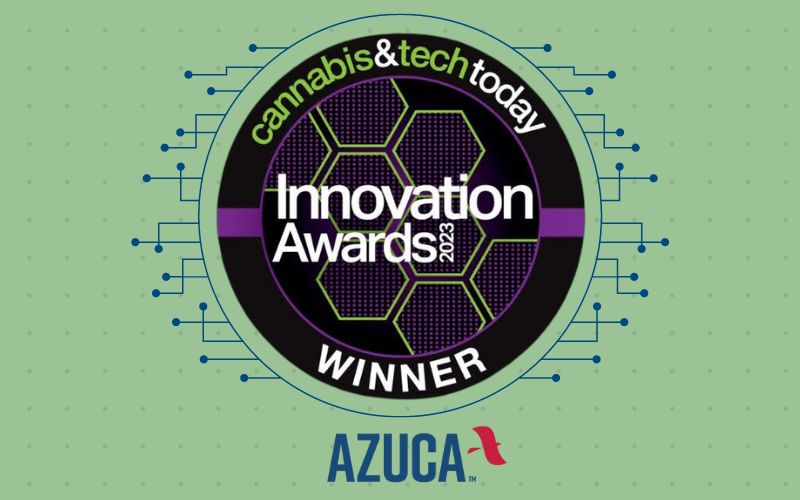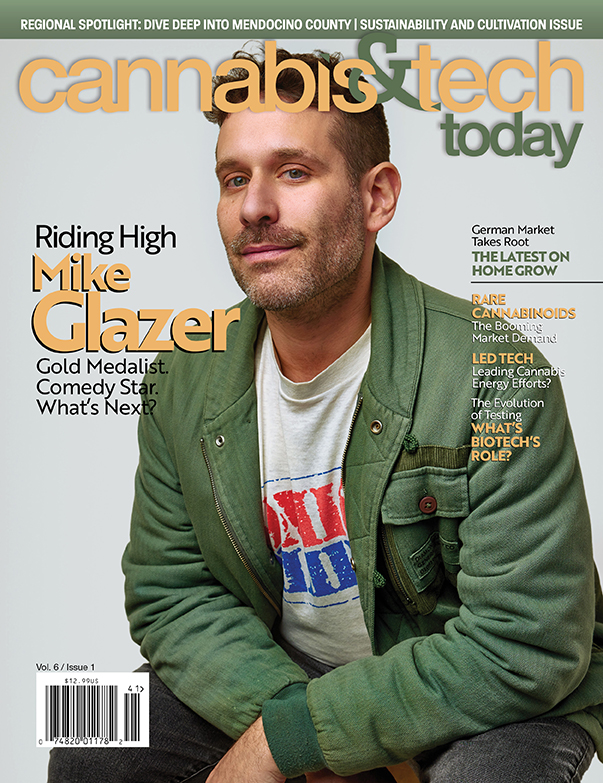By Bharat Ayyar, Sunsoil CEO
After years of hype and fanfare, the hemp industry stands on the brink of disaster. The 2018 Farm Bill was a landmark piece of legislation that legalized hemp cultivation and hemp-derived products, such as CBD oil. It was intended to revitalize the agricultural sector, providing American farmers with a lucrative new crop and offering consumers access to products celebrated for their natural potential to alleviate pain, reduce stress, and aid sleep.
Yet, instead of harnessing this potential, the FDA has squandered it. The agency has largely refused to provide regulatory clarity on CBD. The consequences of its inaction are alarming and far-reaching. For hemp farmers, it has been devastating. According to a recent USDA report, the value of hemp production in 2022 plummeted by a staggering 71%, from $824 million to $238 million (after an already large decline the year before).
Meanwhile, consumers are hurting too. The FDA’s refusal to regulate CBD has resulted in many low-quality, potentially unsafe products. The FDA’s testing of 147 CBD products found that fewer than half contained the labeled CBD amount. Furthermore, heavy metal contamination was discovered in a disturbing percentage of CBD products.
The FDA maintains that it lacks the authority to regulate CBD oil. Since 2018, it has only enforced against companies making particularly egregious health claims, such as CBD curing COVID-19, but has done little to ensure consumers are buying safe and effective products.

The result? CBD sales have declined and the product’s reputation has been tarnished among consumers. The FDA’s negligence in regulating CBD is so egregious that, in many states, it has allowed for the de-facto legalization of cannabis. Companies are exploiting a loophole in the 2018 Farm Bill to make gummies and seltzers containing intoxicating levels of delta-8 THC. (The 2018 Farm Bill only imposed restrictions on delta-9 THC.)
It’s no surprise large retailers, such as Target and Amazon, have shied away from carrying ingestible CBD due to the murky regulatory landscape. This limits CBD’s benefits to potential consumers while keeping prices high and quality uneven. Instead of flourishing under the wings of large retailers, CBD remains a niche product, with opportunistic companies engaging in dubious practices to maximize profits.
Clear, concise, and enforceable regulations are needed now more than ever. By setting guidelines for product potency and purity, the FDA and Congress can ensure safety, boost consumer confidence, and invite larger brands to participate in the market.
The path forward is clear: regulators must provide the necessary guidance and oversight to prevent further erosion of trust and potential public health risks. Regulatory clarity will protect consumers, enhance the industry’s integrity, and open the doors for responsible growth.
The hemp industry has immense potential, but realizing that potential requires firm action and clear direction from regulators. The data, the studies, and the industry’s experiences all point to the urgent need for action. The FDA has already dropped the ball once. It’s up to Congress to make sure they don’t drop it again.
This article first appeared in Volume 5 Issue 2 of Cannabis & Tech Today. Read the full issue here.
Author
-
Cannabis & Tech Today is the premier publication for inspiring business profiles, exclusive interviews with thought leaders in the field, science innovations, and insights on new legislation and growth in the cannabis market.







